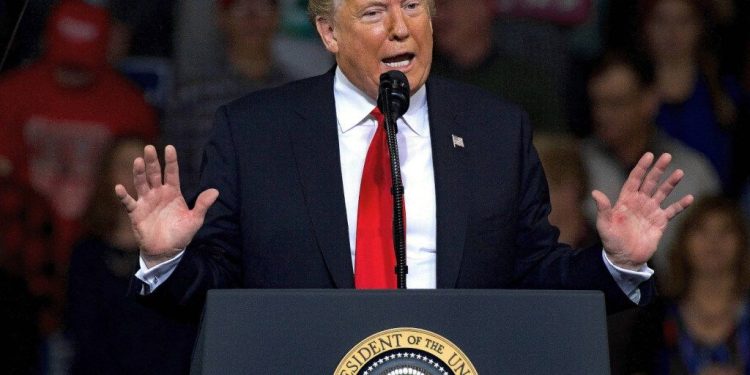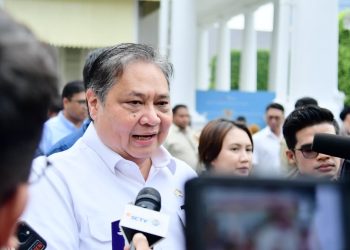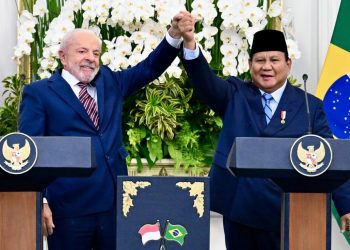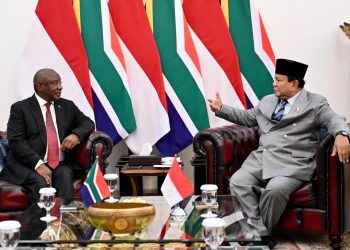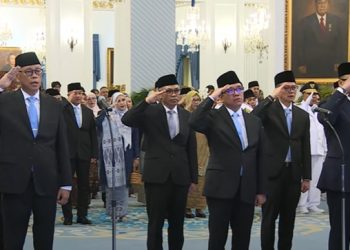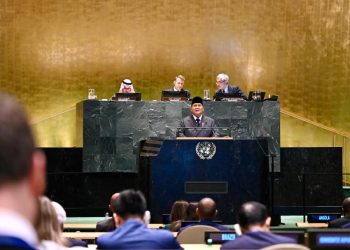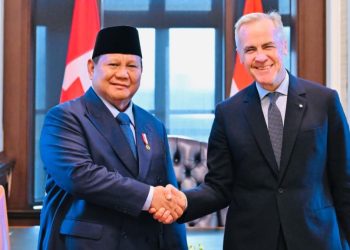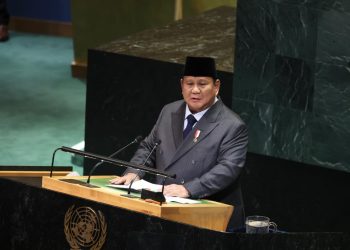Jakarta, Indonesia Sentinel — President Donald Trump on Sunday (July 27, 2025) announced a new trade agreement imposing a 15% import tariff on most goods from the European Union, following a high-stakes meeting with European Commission President Ursula von der Leyen at the White House.
Under the deal, the United States will implement the 15% tariff on a wide range of European imports, including automobiles. Von der Leyen noted that key sectors such as aircraft and aircraft components, as well as selected chemical and pharmaceutical products, would be exempt from the new tariffs.
The 15% tariff represents a reduction from the previous 30% duty imposed by the U.S. but remains higher than the 10% rate originally proposed by the European Union. Importantly, the new rate will not be added on top of existing tariffs.
As part of the broader agreement, the EU has also committed to purchasing $750 billion worth of American energy and investing an additional $600 billion in U.S. markets. Furthermore, the bloc plans to acquire hundreds of billions of dollars’ worth of U.S. military equipment.
“This is a tremendously strong deal, a very big deal, the biggest of all deals,” Trump declared during a joint press conference with von der Leyen, as reported by CNBC on Monday (July 28, 2025).
Von der Leyen echoed the sentiment, calling it “a good deal, a very significant deal,” and acknowledged the tough negotiations that preceded it.
Read Also:
Indonesia to Buy 50 Boeing in a Deal to Avoid Trump 32% Tariffs
While specific timelines and investment details from the European side remain unclear, the agreement marks a significant breakthrough after weeks of uncertainty surrounding U.S.-EU trade talks.
Speaking ahead of Sunday’s meeting, Trump had told reporters there was a “50-50 chance” of reaching a trade framework with the European Union, a prediction that now appears to have paid off.
European leaders were quick to praise the newly announced 15% import tariff agreement, calling it a step forward in transatlantic trade relations. However, some officials expressed caution, raising concerns over the specific terms and long-term implications of the deal.
(Raidi/Agung)


